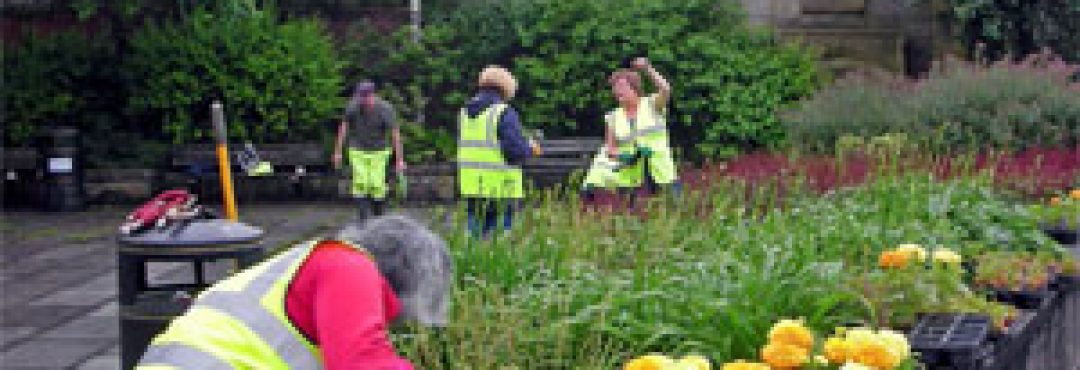An important report on the issue of environmental 'incivilities' has been published by the Carnegie UK Trust. The Conservation Volunteers fed in comments to the final draft, based on our many years' experience with communities where poor quality environments have a profound effect on quality of life.
The report highlights the negative impact that 'incivilities' such as litter, vandalism, graffiti and dog fouling can have upon individual and community wellbeing. It points out that these issues have not always received the attention that they deserve from policymakers, and have too frequently been seen as trivial or unimportant issues.
The Carnegie UK Trust argue that these problems are often best tackled by empowering local communities to bring about change in their area. The Trust has published eight inspiring case studies, illustrating how communities from across the UK have successfully tackled incivilities in their neighbourhood, bringing many positive impacts. These include more accessible, enjoyable public space; improvements in physical and mental health; the development of new skills; and improved perceptions of the local area. The research also highlights that when local communities come together to tackle incivilities then this can often act as a spark – leading to a whole range of other new initiatives being developed.
The report emphasises that communities must not be asked to tackle these problems alone. It argues that public, private and voluntary organisations should play a more prominent role in supporting communities to tackle the environmental problems affecting their local area – and it makes a number of recommendations to environmental charities, local government and funding bodies. The work of The Conservation Volunteers is highlighted in the report as an example of the type of action that the Trust would like to see more of.
The report, and the eight individual case studies are available on the Carnegie UK Trust website
Twitter: https://twitter.com/#!/CarnegieUKTrust #environmentaljustice
(Photo courtesy of the Civic Pride project in Rossendale, Lancashire)

